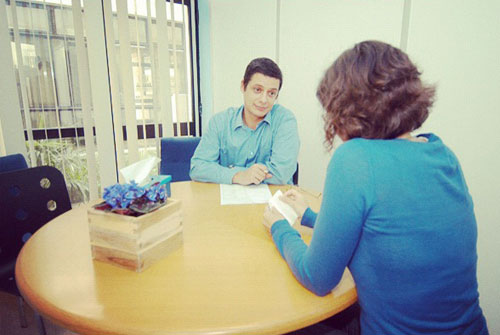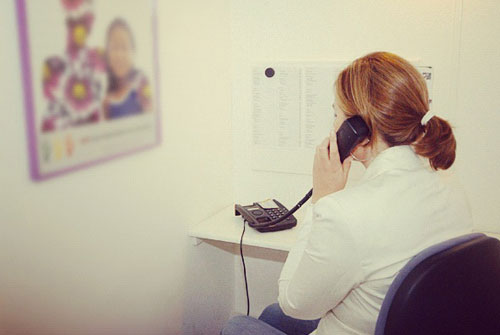APAV Suport Services
Everyone is directly or indirectly affected by crime either as direct victims or witnesses or because they are relatives, friends or colleagues of victims. APAV exists to support victims of crime.
FREE AND SPECIALIZED SUPPORT
APAV supports victims by providing emotional support and specialized support that is free of charge and confidential. APAV recognizes that those using its services have specific needs that require specific interventions, and for that reason it provides three types of support:
» Legal Support
» Psychological Support
» Social Support
This support is provided by a group of Victim Support Officers adequately trained and prepared to provide quality support that meets the different needs of victims of crime.

LEGAL SUPPORT
The legal support provided by APAV’s victim support services has the following objectives:
» inform the victim of crime of their rights;
» provide clarification about the different steps of the legal process;
» help the victim to fill in forms or write documents required for the proceedings that they can then sign.
PSYCHOLOGICAL SUPPORT
Regular psychological support is provided to the victim and/or their relatives who are suffering the effects of crime. We aim at:
» evaluating the psychological risk and degree of emotional suffering for the service user;
» helping the user to recognize the competences they already have and find ways to put them into practice, so that suffering is minimized and future victimization situations are prevented;
» referring the user to the most adequate support service in case of risk factors such as the presence of psychopathologies.
SOCIAL SUPPORT
The social support provided by APAV has, among others, the following objectives:
» to diagnose the social needs of the victim of crime and their family, namely in what concerns housing, education, employment and vocational training;
» to inform the victim about available social resources;
» to discuss the most adequate social resources with the victim;
» help the victim contacting (face-to-face or other form) other services or institutions (local, regional or national) so that they can use efficiently the most adequate resources for their support process;
» to refer the victim to other services and institutions (local, regional or national) and promote the contact with their professionals. This may involve accompanying the victim to appointments with these services and providing the necessary victim support reports.






